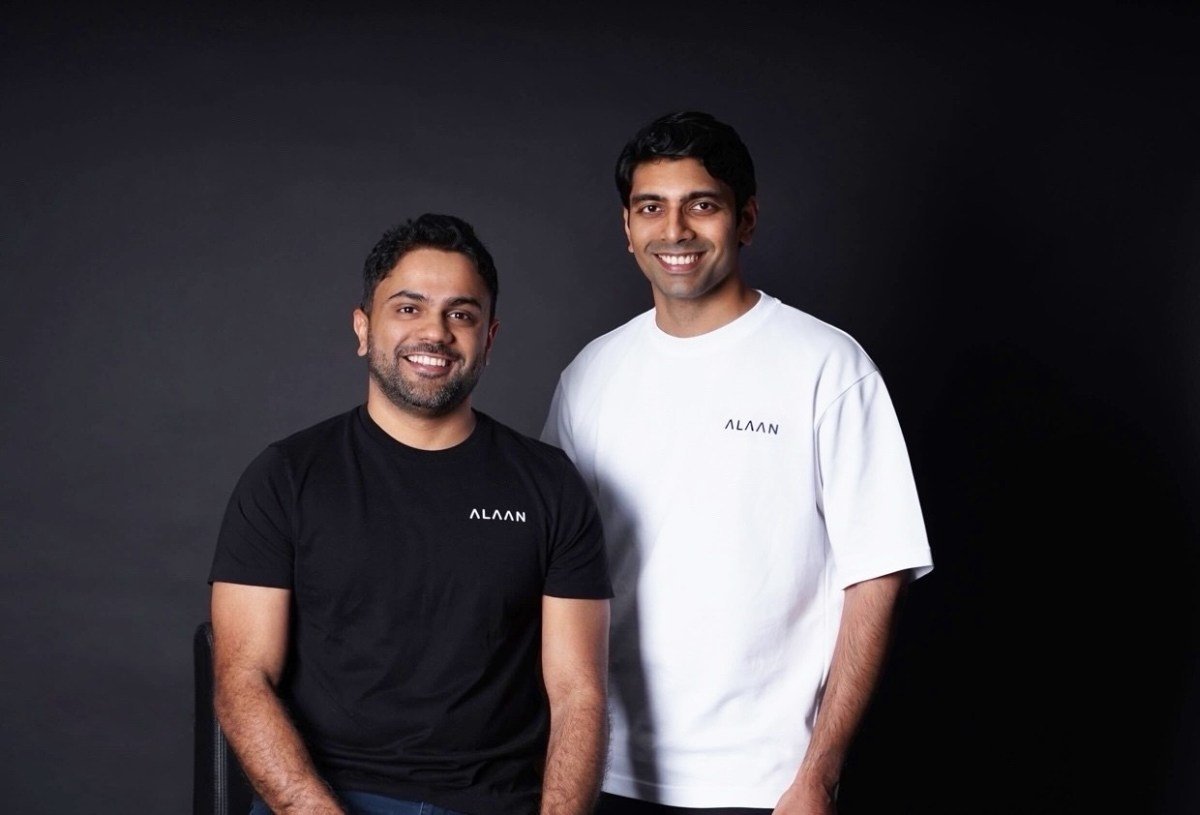When Parthi Duraisamy was a consultant at McKinsey’s Dubai Office, he discovered that the US express cards that his company relied on for business expenses were rarely accepted in the Middle East. This forced Duraisamy to cover significant travel expenses out of pocket and archive endless expenditure reports.
“It was a constant pain,” Duraisamy explained during the call. “I would spend my weekends uploading receipts and unite any expense manually.”
Now Alaan is the company he launched with colleague McKinsey -Alumnus Karun Kuria, the Middle East’s leading consumption management platform. It just announced that it raised $ 48 million in Serie A financing led by Peak XV Partners (formerly Sequoia Capital India & Sea) with the participation of others as founders of 885 Capital, Y Combinator, 468 Capital and Pioneer Fund.
Founders of some of Alaan’s Unicorn customers, which Hosam Arab (Tabby), Mudassir Sheikha (Careem) and Khalid Al Ameri, a well-known YouTuber in the region, also invested.
This is one of the biggest Series A rounds for a fintech in the region compared to Saudi -Arabia’s purchase now, Pay later platform Tamara, which raised $ 110 million a few years ago.
“The category has shown that a strong product market fits into the Mena region, and Alaan stands out as category leader,” said GV Ravisankar, CEO of Peak XV. “Their customer -centric and product -led mindset has enabled them to build solutions tailored to modern financial teams.” (Peak XV also participated in a major series B round last month and supported Uaes Proptech Huspy.)
However, Alaan’s path to category management was not without challenges.
TechCrunch -event
San Francisco
|
27-29. October 2025
While Fintech raised a $ 2.5 million round of seeds in mid -2021, it could not launch for almost a year, largely due to regulatory complexities and the need for banking partnerships in UAE. Its recent expansion of Saudi Arabia constituted similar obstacles, taking years to secure approvals from the country’s pointed bank before finally launching in January.
“The biggest challenge we faced, both in UAE and Saudi Arabia, simply went live,” shared CEO.
Still, Duraisamy said Fintech was able to move rapidly in other ways, such as in Alaan’s groundbreaking movement to integrate Apple Pay into his B2B offers, something previously not available to financing teams in the region.
At the beginning of 2023, the company also claimed to be the first in the Middle East to integrate Openai into its services, says a step duraisamy shaped the company’s current product strategy. Originally, Alaan rolled out a chatbot and expected users to enjoy conversation interactions around their expenses. But the feature could not get traction.
Learning, Fintech changed its focus, and realized customers got more value when AI worked in the background. Alaan began using AI to help streamline processes such as receipt matching, reconciliation and VAT extraction – a particularly valuable use case in the region, where the platform helps companies navigate complex VAT rules and reclamable tax.
The company claims that its consumption management platform has already saved financial teams more than 1.5 million hours of manual work. This is a number that Alaan expects to grow as it continues to invest in automation.
Since launching in 2022, Alaan has treated over 2.5 million transactions for more than 1,500 financial teams across larger regional companies, including G42, Careem, Tabby and Lulu Group.
In addition, the company is profitable, Duraisamy says, noticing it spent $ 5 million to generate $ 10 million in revenue. Duraisamy credits YC and his mentors to introduce a disciplined approach to a market where many fintechs are focused on payment quantities.
Now Alaan is looking to repeat its growth in Saudi Arabia, where it was launched earlier this year and has doubled transaction quantities over the month in the last six months, according to start -up.
Series A will speed up this expansion so that the company can scale employment across sales, customer success and compliance, while doubling on AI-driven financing automation.
While the four-year-old fintech, equipped with Mena Finance team with AI agents, has now raised one of the biggest series A-rounds in Mena, I asked Duraisamy if Ramp’s explosive growth value has doubled this year after raising three rounds of playing a role in investors who invested a lot on Alaan.
“When you talk to investors, what really matters to a company on our stage are the basic elements: How capital efficient we are, how much revenue we generate how strong our go-to-market movement is,” he said. “We are not in a market where you know that size is an advantage, like the US or Europe. So whether Ramp was able to raise or not, I think we would have raised so much because our basic was very strong.”
